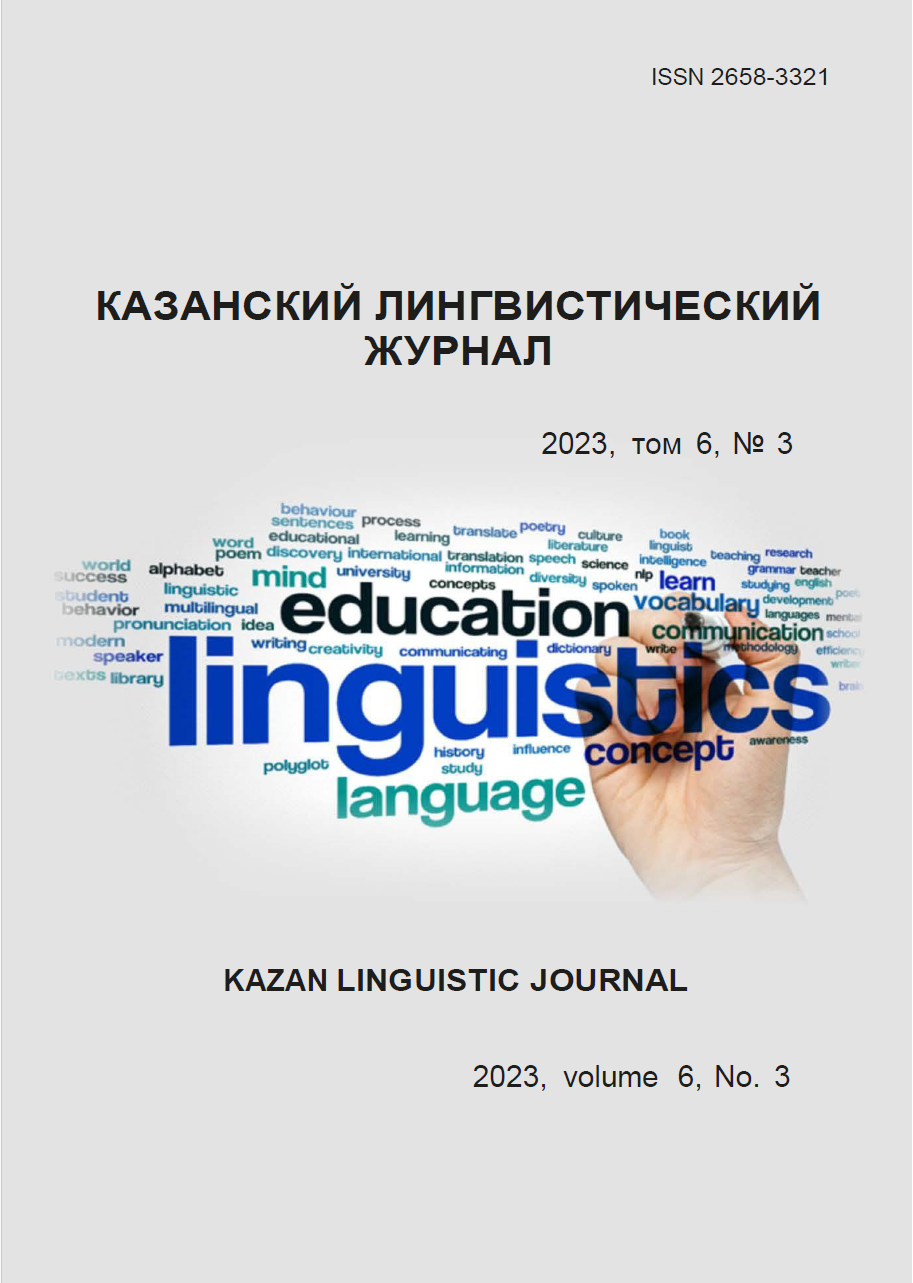Образ Cоветской России в творчестве Cюй Чжимо
https://doi.org/10.26907/2658-3321.2022.6.3.301-312
Ключевые слова:
Сюй Чжимо, Советская Россия, «Записки о путешествии по Европе», эссе «Москва», эссе «Сибирь», пейзажАннотация
Данная статья посвящена восприятию образа Советской России в творческом сознании китайского поэта и эссеиста Сюй Чжимо (1897–1931). Материалом исследования стали его «Заметки из путешествия по Европе» (в первую очередь, эссе «Сибирь» и «Москва»), стихотворения «Сибирь» и «Тростниковая песня (вспоминая Сиху на сибирском пути)». В результате работы над материалом были сделаны следующие выводы. Образ Советской России в творчестве китайского поэта представлен многогранным и противоречивым. В выстраиваемой Сюй Чжимо традиционной для русской философской мысли концепции «Москва – Третий Рим» Россия должна быть страной-мессией. Для создания подобного образа китайский поэт и эссеист использует описание пейзажей бескрайней Сибири и городских локусов (Москва, Иркутск) Особое место в «Заметках из путешествия по Европе» занимает изображение русских церквей. Однако, обнаруживая социальные, культурные и нравственные изменения, которые произошли в результате революции 1917 года (бедность людей, дефицит продуктов и вещей первой необходимости, высокие цены), Сюй Чжимо создал образ Советского государства, которое находится в пограничном социально-политическом состоянии. Будучи патриотом, китайский поэт обеспокоен тем, что если в Китае тоже начнется волна революционных событий, то все негативные последствия революции, которые Сюй Чжио видел в России, и коснутся и его родной страны.
Список литературы
1. Ломанов А.В. Роль Сюй Чжимо в китайской дискуссии о Советской России. Китай в мировой и региональной политике. История и современность. 2018;(23):336–350.
2. Махинина Н.Г., Насрутдинова Л.Х. Смерть-уход в зеркале русской литературы XI–XXI веков. Казанский лингвистический журнал. 2023;(1):36–46.
3. Сесорова А.Д. Синтез документального и художественного в поэме А.Полежаева «Узник» Казанский лингвистический журнал. 2021;(4):487–498.
4. Тугулова О.Д. Образ матери в женской поэзии Китая «нового периода». Ка-занский лингвистический журнал. 2023;(2):165–175.
5. Сафина Г.Ф., Идиатуллина Л.Т. Образы-символы «крылья», «птица» в татар-ской женской поэзии 1980–2010-х гг. (на примере лирики Л. Шагирзян). Казанский лингви-стический журнал. 2022;(2):147–157.
6. Сюй Чжимо. Сибирь. URL: https://magazeta.com/translate-xuzhimo [дата обраще-ния: 25.02.2023].
7. Поэзия эпохи Тан (VII–X вв.). М.: Художественная литература; 1987.
8. Белый А. Символизм как миропонимание. М.: Республика; 1994.
9. Алексеев И.А., Смирнов С.В. Эссе Сюй Чжимо «Москва» из «Заметок о путе-шествии в Европу» (1925). Уральское востоковедение. 2021;(11):90–102.
10. 徐志摩 我知道我的康桥 合肥 安徽科学技术出版社 2018. 219页。(Сюй Чжимо. Я знаю свой Кембридж. Хэфэй: Аньхойское научно-техническое издательство; 2018. 219 с.) (на кит. яз.).
Библиографические ссылки
References
Lomanov A.V. The Role of Xu Zhimo in the Chinese Discussion of Soviet Russia. Kitai v mirovoi i regional'noi politike. Istoriia i sovremennost'. 2018;(23):336–350. (In Russ.)
Makhinina N.G., Nasrutdinova L.Kh. Death-Care in the Mirror of Russian Literature of the XI-XXI Centuries. Kazanskii lingvisticheskii zhurnal. 2023;(1):36–46. (In Russ.)
Sesorova A.D.Synthesis of documentary and fiction in A. Polezhaev's poem “The Prisoner”. Kazanskii lingvisticheskii zhurnal. 2021;(4):487–498. (In Russ.)
Tugulova O.D. The image of the mother in Chinese women's poetry of the “new peri-od”. Kazanskii lingvisticheskii zhurnal. 2023;(2):165–175. (In Russ.)
Safina G.F., Idiatullina L.T. Images-symbols “wings”, “bird” in Tatar women's poetry of 1980-2010s (on the example of lyrics by L. Shagirzyan). Kazanskii lingvisticheskii zhurnal. 2022;(2):147–157. (In Russ.)
Siui Chzhimo. Siberia. URL: https://magazeta.com/translate-xuzhimo (accessed: 25.02.2023). (In Russ.)
The poetry of the Tang dynasty (7th–10th centuries). Moscow: Khudozhestvennaia lit-erature; 1987. (In Russ.)
Belyi A. Symbolism as worldview. Moscow: Respublika; 1994. (In Russ.)
Alekseev I.A., Smirnov S.V. Xu Zhimo's essay “Moscow” from “Notes on a Journey to Europe” (1925). Ural'skoe vostokovedenie. 2021;(11):90–102. (In Russ.)
徐志摩 我知道我的康桥 合肥 安徽科学技术出版社 2018. 219页。(Siui Chzhimo. I know my Cambridge. Khefei: An'khoiskoe nauchno-tekhnicheskoe izdatel'stvo; 2018) (In Chin.)






